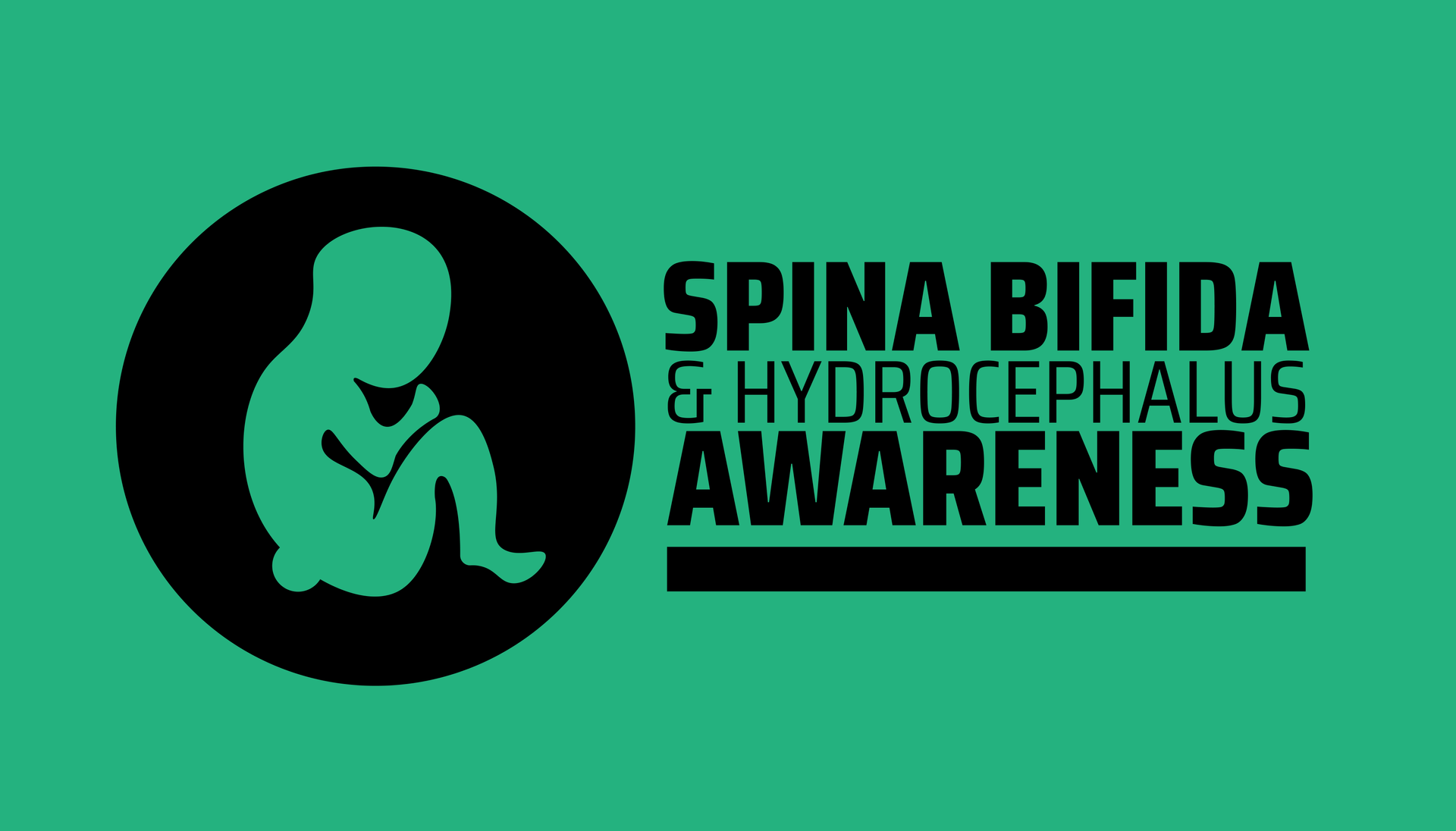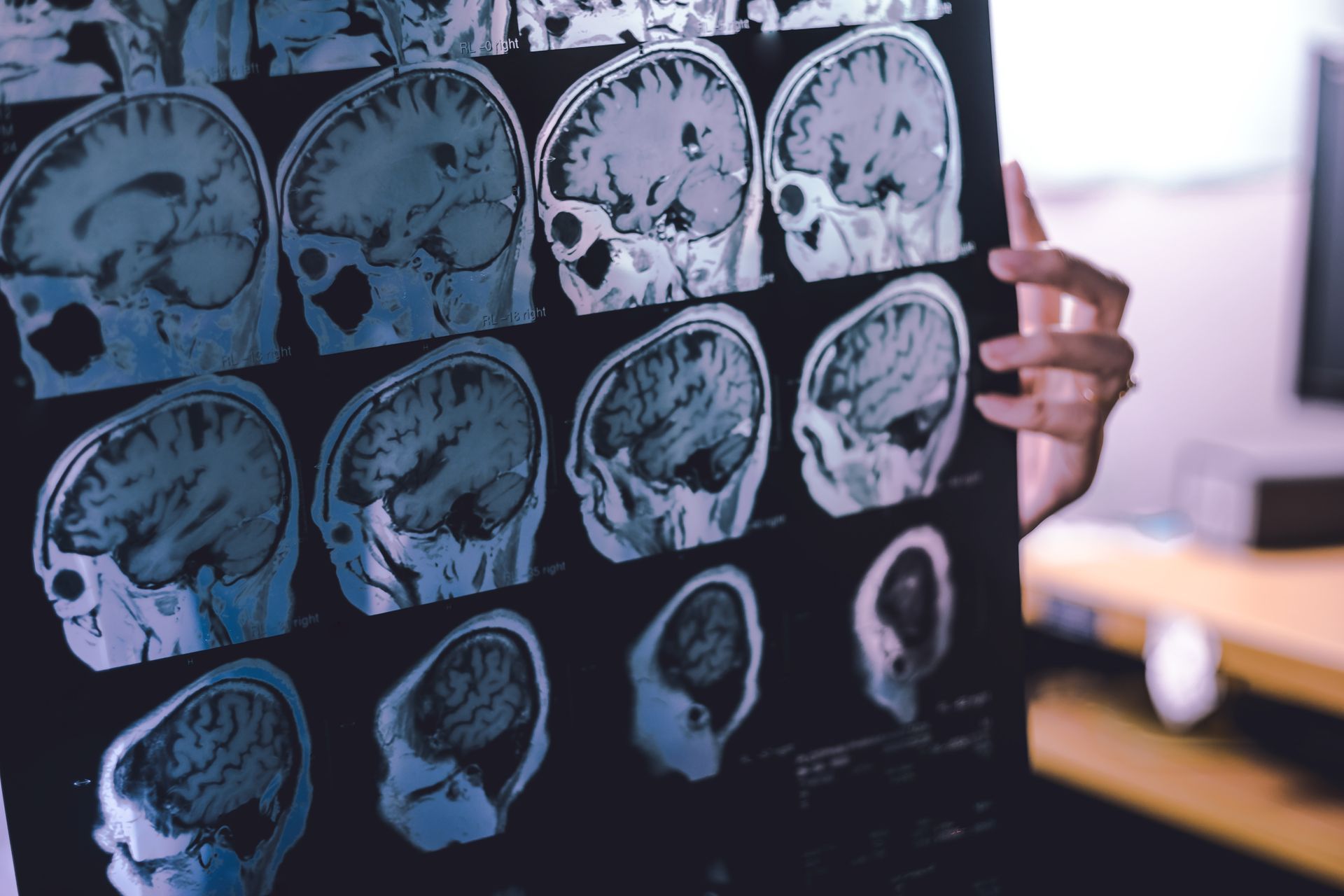Disability Awareness Hub: Understanding Spina Bifida and Hydrocephalus: Raising Awareness and Promoting Inclusion

Understanding Spina Bifida and Hydrocephalus
Spina bifida and hydrocephalus are two closely linked neurological conditions that affect thousands of individuals worldwide. While both are lifelong conditions, advances in medical care and community support have significantly improved outcomes and quality of life for those affected.
What is Spina Bifida?
Spina bifida is a neural tube defect that occurs during early pregnancy when the spinal cord and its surrounding structures fail to close properly. This can result in varying degrees of physical and neurological impairment depending on the severity and location of the defect. There are three main types:
- Spina bifida occulta – the mildest form, often hidden under the skin.
- Meningocele – involves a sac of fluid protruding through the spine.
- Myelomeningocele – the most severe form, where spinal nerves are exposed, often leading to paralysis and other complications
What is Hydrocephalus?
Hydrocephalus is a condition characterised by an accumulation of cerebrospinal fluid (CSF) in the brain, which can increase pressure and cause damage. It is commonly associated with spina bifida, especially in individuals with myelomeningocele. Hydrocephalus may be present at birth or develop later due to injury, infection, or other causes.
Treatment often involves the surgical placement of a shunt system to drain excess fluid from the brain to another part of the body, typically the abdomen. While effective, shunts require ongoing monitoring and may need revision over time.
Living with Spina Bifida and Hydrocephalus
Individuals with these conditions demonstrate remarkable resilience and adaptability. With access to assistive technology, inclusive education, and strong support systems, many lead fulfilling lives, pursue careers, and contribute meaningfully to their communities.
Personal stories, like that of Mary Dufton, highlight the importance of early medical intervention, family advocacy, and community support. Despite facing multiple surgeries and mobility challenges, Mary has embraced life fully, participating in adaptive sports and volunteering to raise awareness.
Why Awareness Matters
Raising awareness helps:
- Promote early diagnosis and intervention.
- Encourage inclusive practices in schools and workplaces.
- Support families navigating complex medical and social systems.
- Reduce stigma and foster empathy and understanding.
If you're concerned about someone you know or you would like to learn more, reach out to learn how we can help.
News & Insights
Check Our Latest Resources







